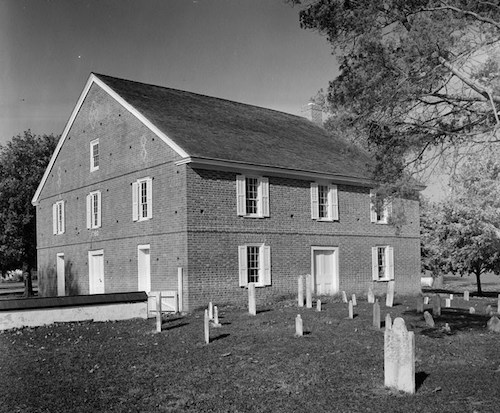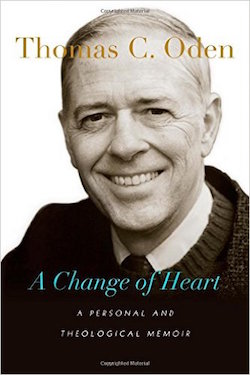 Evolution
Evolution
 Faith & Science
Faith & Science
 Intelligent Design
Intelligent Design
United Methodist Theologian Thomas Oden Understood the Importance of Intelligent Design

Thomas C. Oden, the distinguished United Methodist theologian and scholar, passed away December 8 at the age of 85. Oden is best known for his numerous theological works focusing on what he called “paleo-orthodoxy.” By that he meant a return to the teachings of classic Church thinkers such as Athanasius, Basil, Gregory of Nazianzus, John Chrysostom, Ambrose, Augustine, Jerome, Gregory the Great, and Thomas Aquinas.
 Oden saw clearly the cultural impact of naturalism, a philosophy that is, as he put it, “morose in its intellectual foundation.” In a recent interview with Southern Baptist theologian Albert Mohler, Oden identified Darwin along with Freud, Marx, Nietzsche as the “key figures that everything else in modernity comes out of. So if those key figures are basically off-base, then the whole trajectory is off-base.” Oden recognized that the “off-base” trajectory could lead to faulty thinking.
Oden saw clearly the cultural impact of naturalism, a philosophy that is, as he put it, “morose in its intellectual foundation.” In a recent interview with Southern Baptist theologian Albert Mohler, Oden identified Darwin along with Freud, Marx, Nietzsche as the “key figures that everything else in modernity comes out of. So if those key figures are basically off-base, then the whole trajectory is off-base.” Oden recognized that the “off-base” trajectory could lead to faulty thinking.
That recognition was one reason he named advocacy of the theory of intelligent design, which rejects a presupposition of naturalism, as a movement that is “becoming more and more plausible for more and more serious scientists.”
There is an irony here. This year the United Methodist Church denied Discovery Institute’s application simply to have a table with information about ID at their General Conference, held this past April. For this, they earned our Censor of the Year award. As we noted, the move was due precisely to the kind of thinking, overawed by the prestige of naturalism, that Oden critiqued and challenged.
Dr. Oden held the Henry Anson Buttz Chair of Theology at Drew University for 24 years, until his retirement in 2004, and remained as Professor Emeritus until his death. He also served on the Board of the Institute for Religion and Democracy, and was an Executive Editor at Christianity Today. Dr. Timothy George of the Beeson Divinity School in Alabama said of Oden that he was “one of the most remarkable Christians of our time [who] has lived through, contributed to, and helped overthrow several revolutions.”
In his early career, Oden had accepted the premises of modernity and its naturalistic assumptions, and was following the course of the modern theologians, such as Rudolf Bultmann. But as he dug further into the writings of the early Church fathers, exploring what he later called “African orthodoxy” (arising in North Africa and only later imported to Europe), he began to realize that those assumptions were misguided and often led to conclusions twisted by political agendas rather than guided by priorities of accuracy and truth.
These insights spurred Oden to challenge his own United Methodist denomination, as he saw the UMC following the same course he himself had rejected. Along with kindred spirits in the Church, he co-founded what became the Confessing Movement within the UMC. Among other things, the Confessing Movement was a clear call to the UMC to return to their orthodox roots in doctrine and theology. As a United Methodist myself, it seems to me that our Church would do well to heed Oden’s call.
Photo: Barratt’s Chapel, Kent County, Delaware (1780), oldest Methodist Church in the U.S., by David Ames [Public domain], via Wikimedia Commons.
